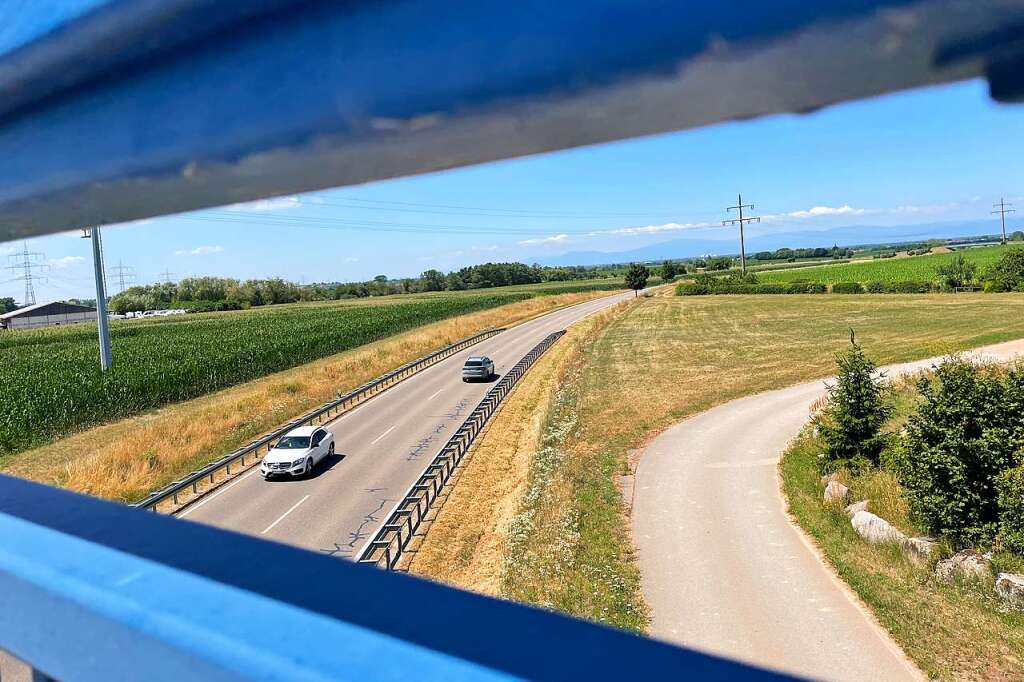When Herdis Høiland (26) learned that she has a genetic defect that increases her risk of breast and ovarian cancer, she made a choice that changed her life.
– I am about to remove the breasts and ovaries, he tells Dagbladet.
The 26-year-old from Kleppe in Rogaland says the genetic defect may have remained in the family through generations.
– My grandmother died early, she was only 50 years old. Nobody knew what she was, but we suspect it was ovarian cancer, she says.
The aunt fell ill with breast cancer when she was 35 and was the first in the family to be diagnosed with a genetic error, called BRCA1.
Was Jærbladet who first interviewed Høiland.
I took the Russian pants test
BRCA1 is the cause of the most severe cases of hereditary breast cancer, according to Norsk Helseinformatikk. Genetic error offers a 70% risk of developing breast cancer during life and a 40% risk of ovarian cancer.
After Høiland’s aunt was diagnosed with the gene, the rest of the family got tested, says the 26-year-old, who says his father was also diagnosed with a genetic error. When Høiland herself came of age, she too had to be tested.
– It looked very strange. I sat there in Russian pants and didn’t understand what that meant. You don’t have to go back many years before many people didn’t know what breast cancer was, she says.
She was confirmed to have the genetic defect and the doctor recommended that after the age of 25 she should consider removing her breasts and having an annual MRI checkup.
– I was only 19, so the only thing I noticed was that this wouldn’t affect me until I was 25. I thought it would be a long time to come. 25 sounds like an adult when you’re drunk.
YOU WANT TO CONTRIBUTE: For the 26-year-old, it is important to spread information about the gene. She is involved in a research project where they investigate the possibility of cutting the fallopian tube instead of removing the ovaries. This is to prevent young women from reaching menopause too early. Photo: private
sea View
The youngest in the waiting room
Høiland turned 25 last year and was summoned for a mammogram. In the waiting room he felt much younger than most of the others sitting there.
Fortunately, they found nothing on the exam, but the 26-year-old has already decided that she will have her breasts removed before the age of 30.
– You have been told that you do not need to have your ovaries removed until you are 35, but I think I will have my breasts removed soon. There is a fear that it will take too long, she says and continues:
– The goal is to be able to breastfeed if you have a baby, but I’m not in a relationship or have a special desire for babies, so there’s not much to wait for.
– It’s an important decision to make. Is it hard for you to think about it?
– I don’t have much choice. Where I come from, it is quite common to remove the breasts.
“The Rogaland gene”
It is in Rogaland, where Høiland comes from, that most cases of genetic error are recorded. There are so many that the genetic error is called the “Rogaland gene”.
The section head of the SUS blood disease and cancer department, Ingvil Mjaaland, tells Jærbladet that it has roots in the Black Death.
– The plague wiped out a large part of the Norwegian population. It was found that a woman, probably from Ryfylke, who survived the plague, was a carrier of the BRCA1 gene defect. She found another man and started a family. Hence, this mistake has been inherited from generation to generation, Mjaaland tells the newspaper.
– My choice
It is still difficult to have to remove the breasts at a young age, says the 26-year-old.
– The ovaries matter less in terms of appearance, it is not uncommon to do this after having children. What’s difficult about breast removal is that you want to be happy with yourself and look good.
But Høiland believes that today they are fortunately good at rebuilding and above all at healthy breasts.
– What do you think about the fact that you may miss the opportunity to have children?
– In that case, it will be my choice.
Unity in the family
Høiland says they have a sense of unity in the family and are open about illness. And they are concerned with anything that can give them knowledge or disseminate knowledge.
– We are more. It is safe to go to my aunt who has been through all this with questions.
People react differently when Høiland talks about genetic error and operations. He finds that people in Eastern Norway find it more shocking than people in Western Norway, as there are more people who have it.
– But luckily it doesn’t affect my daily life too much, she says optimistically.


